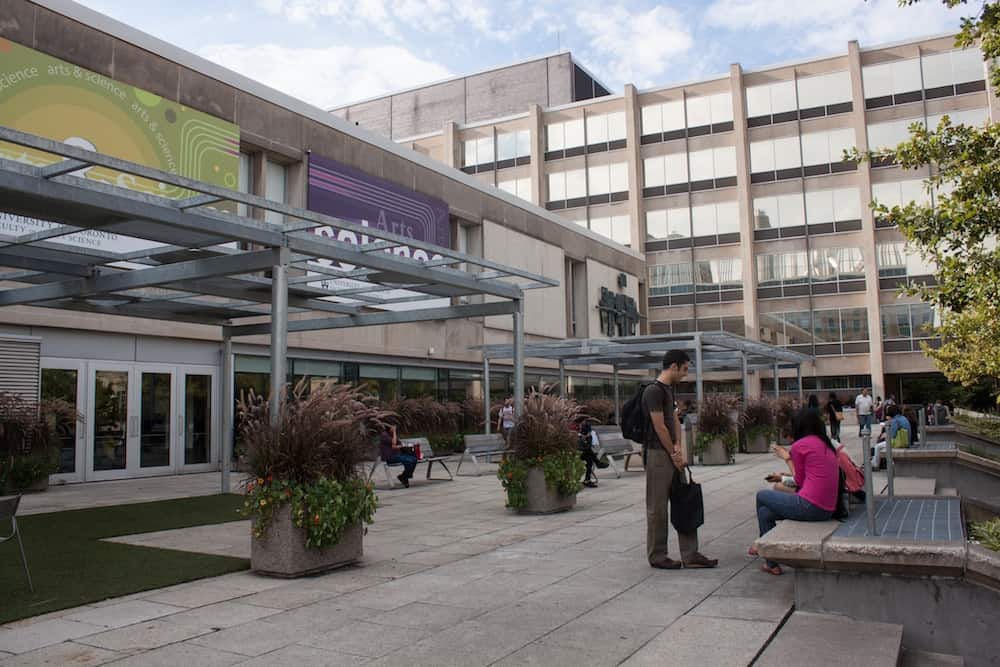The University of Toronto is desperate not to lose the academic term to the ongoing CUPE 3902 Unit 1 strike, but will not extend the semester. The announcement comes after the union, representing around 6,000 teaching assistants, exam invigilators, and other academic staff, rejected a potential deal in the early hours of Monday, March 23.
Instead, students will be able to cancel or Credit/No Credit (CR/NCR) courses after their final grades have been released without academic penalty, for courses offered this term. Any courses — full-year or half-year — selected as LWD or CR/NCR will not count towards the maximum number of courses for which a student may exercise these options.
According to an email sent out to all undergraduates in the Faculty of Arts & Science on Monday evening, final marks may be posted as numeric grades, letters, or CR/NCR on a course-by-course basis, depending on the amount of work assessed, the instructor’s availability, and any syllabi changes.
“I know that this has been a stressful and frustrating period for many of you, and I deeply regret that the disruption in your academic studies caused by this labour dispute will continue,” says David Cameron, dean of the Faculty of Arts & Science in the letter.
“Nevertheless, it is the goal of the Faculty of Arts & Science to ensure that you will be able to complete your courses and progress in your degree, and that those who are on track to convocate in June will be able to graduate,” Cameron adds.
The exam period is set to proceed as scheduled, but final exams may be changed or cancelled.
The measures have incited sharp backlash from students.
Abdullah Shihipar, president of the Arts & Science Students’ Union, views the provisions as a compromise in U of T’s academic integrity. “It is astounding that the university is willing to sacrifice its own academic integrity rather than negotiate,” he says. “It may seem like a good thing, but it will have adverse effects on the semester.”
Shihipar expressed displeasure at the ability to retroactively change the CR/NCR status of a course or drop a course without academic penalty.
“You are fundamentally being denied your education,” Shihipar says. “The university is saying ‘Here’s your credit’ instead of giving you access to the education you deserve.”
“It’s a huge move by the university administration,” says Omar Sirri, communications representative for the strike committee.
For Sirri, the plans are academic continuity policy in all but name only. The university’s Policy on Academic Continuity is intended as a framework to guide the university in fulfilling its mission in the face of what it deems “potential threats to the academic community.” Such threats named in the policy include labour disputes, prolonged service interruptions, pandemic health emergencies, and natural disasters.
Some have called the policy an “academic War Measures Act.”
“[It’s] effectively strikebusting, union busting, and flies in the face of academic integrity and freedom on this campus and quite frankly the administration should be ashamed of itself,” Sirri says of the email.
Sirri, like Shihipar, is concerned that the implementations compromise U of T’s integrity. “The university administration clearly has no intention of negotiating in good faith if it’s going to resort tactics that in effect, break any kind of academic quality, teaching and research quality, at the U of T. They have no intention of negotiating in good faith,” Sirri adds.
CUPE 3902 Unit 1 has been on strike since February 27 after voting down an agreement proposed by the university. Since that time, both sides have proposed deals, but have failed to produce a mutually satisfactory one.


